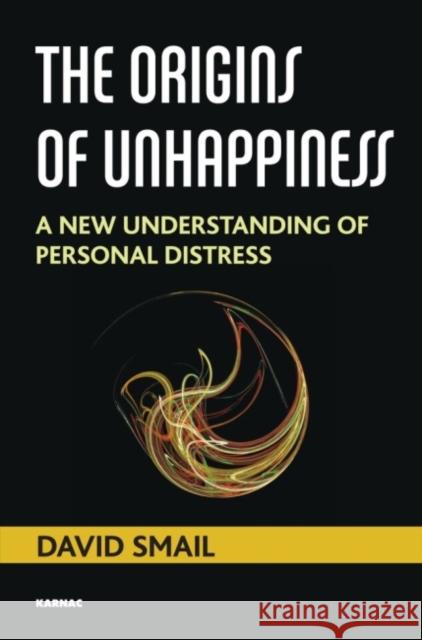The Origins of Unhappiness: A New Understanding of Personal Distress » książka
The Origins of Unhappiness: A New Understanding of Personal Distress
ISBN-13: 9781782202875 / Angielski / Miękka / 2015 / 250 str.
The Origins of Unhappiness: A New Understanding of Personal Distress
ISBN-13: 9781782202875 / Angielski / Miękka / 2015 / 250 str.
(netto: 111,90 VAT: 5%)
Najniższa cena z 30 dni: 65,44
ok. 16-18 dni roboczych.
Darmowa dostawa!
It is the main argument of this book that emotional and psychological distress is often brought about through the operation of social-environmental powers which have their origin at a considerable distance from those ultimately subjected to them.
On the whole, psychology has concerned itself very little with the field of power which stretches beyond our immediate relations with each other, and this has led to serious limitations on the explanatory power of the theories it has produced. To illustrate this, typical cases of patient distress in the 1980s are examined. The decade when the right-wing of politics proclaimed there was no such thing as society gave rise to psychological distress across social classes, as long-standing societal institutions were dismantled.
This is as much a work of sociology, politics, and philosophy, as it is of psychology. Fundamentals of an environmental understanding of distress are outlined. A person is the interaction of a body with the environment. The environment is structured by material power. Power may be coercive, economic, or ideological. Power operates at a varying distance from the person. It is always experienced proximally, but may well originate distally.
The operation of power also means the ability of therapy to deal with distress is limited. Therapy essentially consists of three potentially effective elements: provision of comfort; clarification; and encouragement in the use of available powers and resources.











